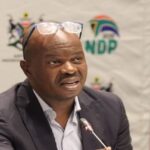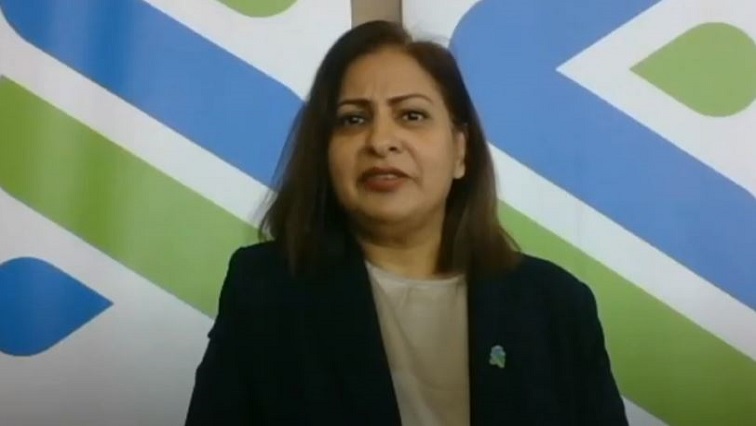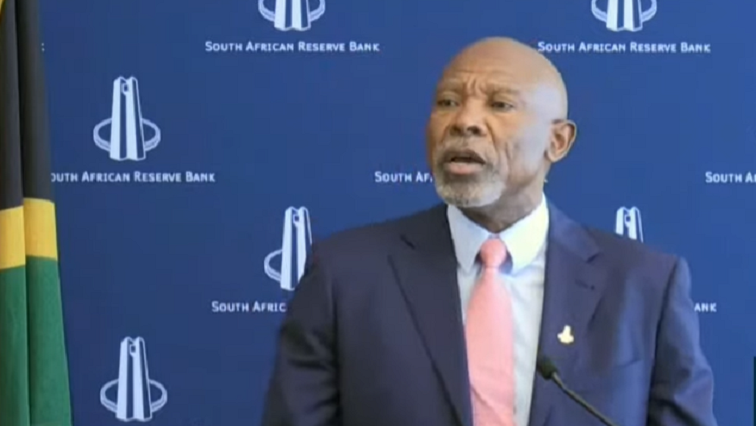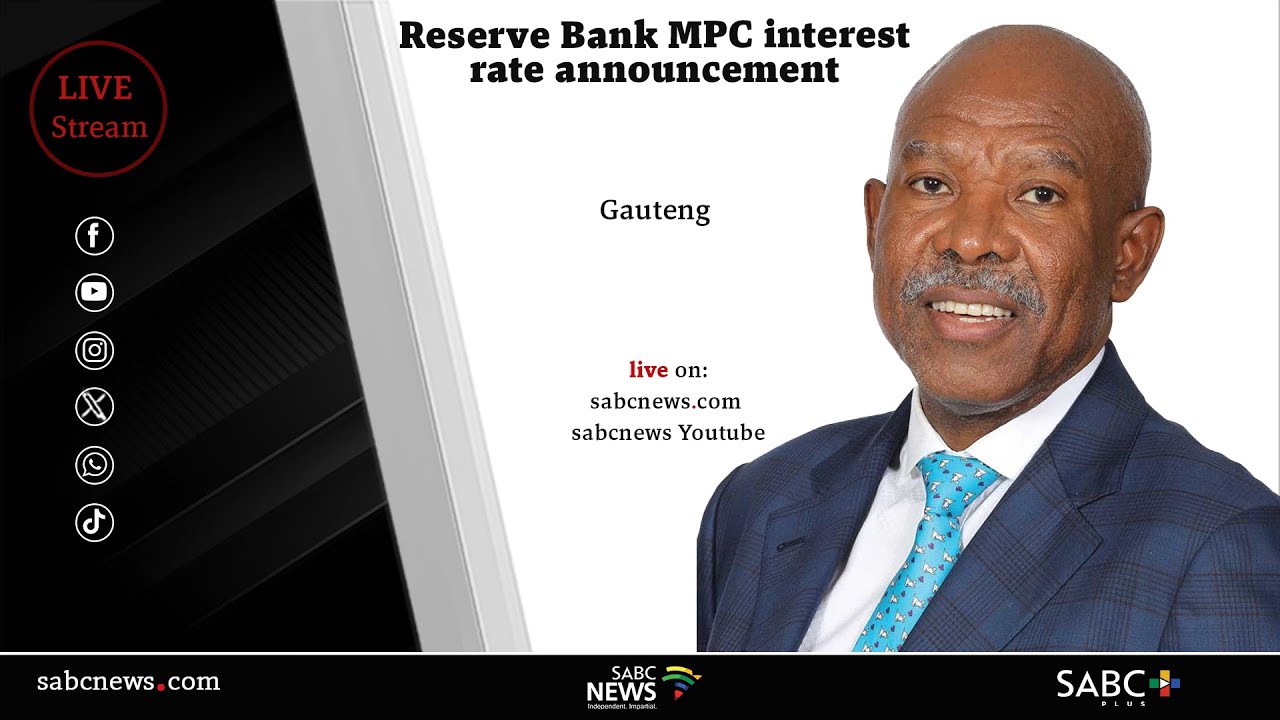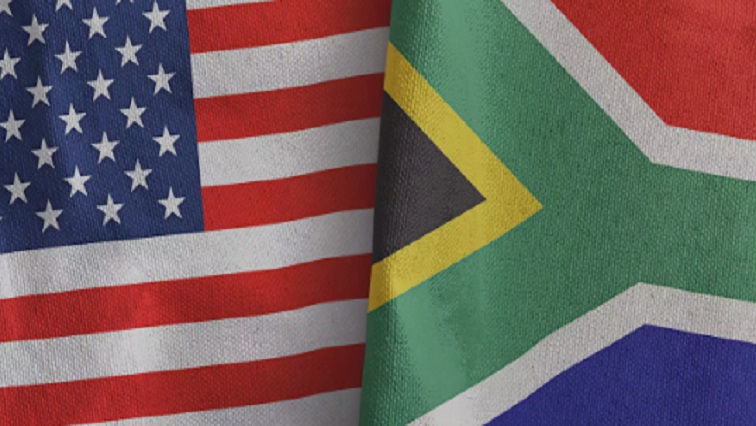Economist says recent developments around the government of national unity have cast a cloud on the country’s economic future. On Wednesday, the Democratic Alliance (DA) voted against the 2025 fiscal framework passed by the National Assembly during a heated session.
Standard Chartered Chief Economist for Africa and the Middle East Razia Khan says South Africa’s economic challenges were already present before recent global market volatility and Donald Trump’s tariff announcements.
“Investor sentiment right now is so vulnerable and so much on the back foot in any case because of global developments. But it also means that it isn’t necessarily the case that investors are going to look at the GNU in the same way as they once did. The damage is done in a sense.”
Khan anticipates investors will adopt a “wait and see” approach, adding that maintaining a centrist path would still be seen as market-friendly.
On whether the budget will be able to deliver in this fiscal year amid the global uncertainty, she says it is a difficult call to make given the nature of the global shocks that we face.
“There is a vulnerability. Any economy like South Africa, with a large amount of accumulated debt, some dependencies and foreign investors to finance its budget deficit, is going to be at the mercy of global developments. In a risk-off environment, as we’ve already seen, this increases the cost of South Africa’s debt servicing, so just a few days into the new financial year, we’re already seeing what the tests are for the South African economy.”
Khan has emphasised that fiscal discipline is important for market confidence and South Africa’s efforts in this regard have been seen as positive.





